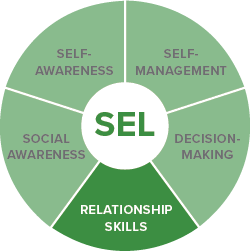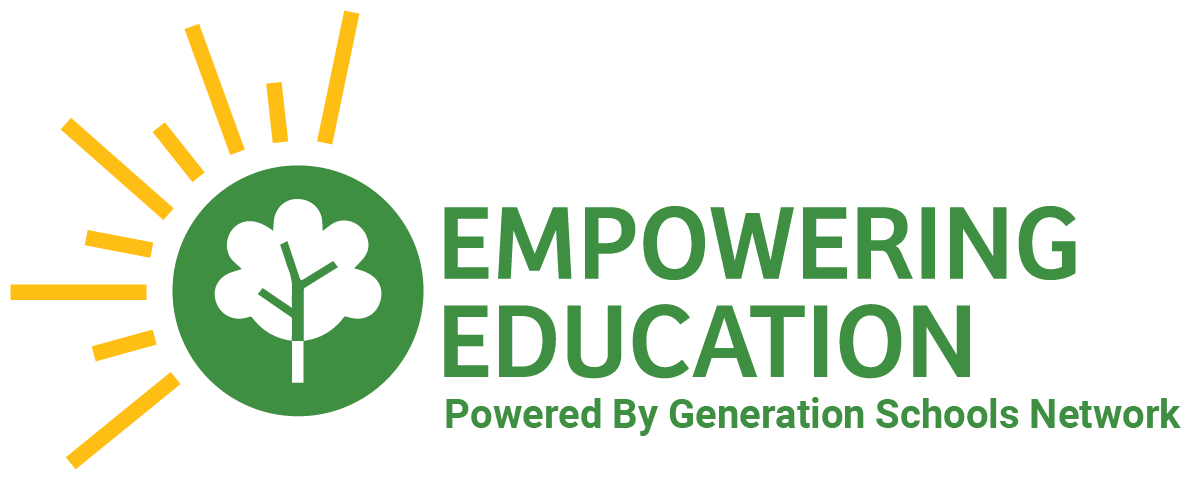Locked Content
Unlock this lesson plan by signing up for a free trial. Existing members, please log in.
Students will get to know other students in their class and identify commonalities and differences.
By the end of the lessons, students will be able to:
- Meet two new friends in their classroom
- Practice having two conversations with peers
- Identify commonalities and differences with a classmate
This lesson helps students get to know one another. Starting the year with relationship-building activities is a way to start creating an inclusive classroom.
The lesson starts with a five-senses mindfulness activity in which students notice things with each of their senses. A brief introduction sets the stage by having students reflect on some of the relationships in their lives. The Munchy and Jumpy story follows Munchy learning to make a new friend who is different from himself. After the story, students get to meet a new friend in the classroom by pairing up and answering questions you provide. A quick discussion allows students to voice how the activity went and how it feels to meet new people. Finally, students end by drawing a picture of themselves having a conversation with one of the friends they met that day.
The mindful moment for this lesson is particularly well-suited for students to do at home since each student will be in a different environment.
See lesson one on Mindfulness for our remote teaching recommendations about doing live or recorded mindful moments, Munchy and Jumpy read alouds, and journaling.
After the mindful moment, have some students recount what they are seeing.
For the “all my friends who” activity, have students stand up if they share that characteristic and sit down if they do not. Do a couple of practice rounds. You will have to call on the next announcer, or if the students are not competent, you be the announcer throughout. Remind students to notice who else is standing after each round.
The small-group get-to-know-you activity is hard to pull off with young children in break out rooms unless they’re already comfortable with them. Here are some alternatives:
- Live online, have students say something about themselves. Then have other students raise their hand if they share that characteristic. Then you call on someone raising their hand and they say something about themselves. Keep tabs on whom you have called to give everyone a chance.
- Live online, have students bring something to the camera that is important to them.
- For recorded lessons, have students interview someone in their house and find out something new about that person.
CASEL Competencies
Relationship skills: The abilities to establish and maintain healthy and supportive relationships and to effectively navigate settings with diverse individuals and groups. This includes the capacities to communicate clearly, listen actively, cooperate, work collaboratively to problem solve and negotiate conflict constructively, navigate settings with differing social and cultural demands and opportunities, provide leadership, and seek or offer help when needed.


